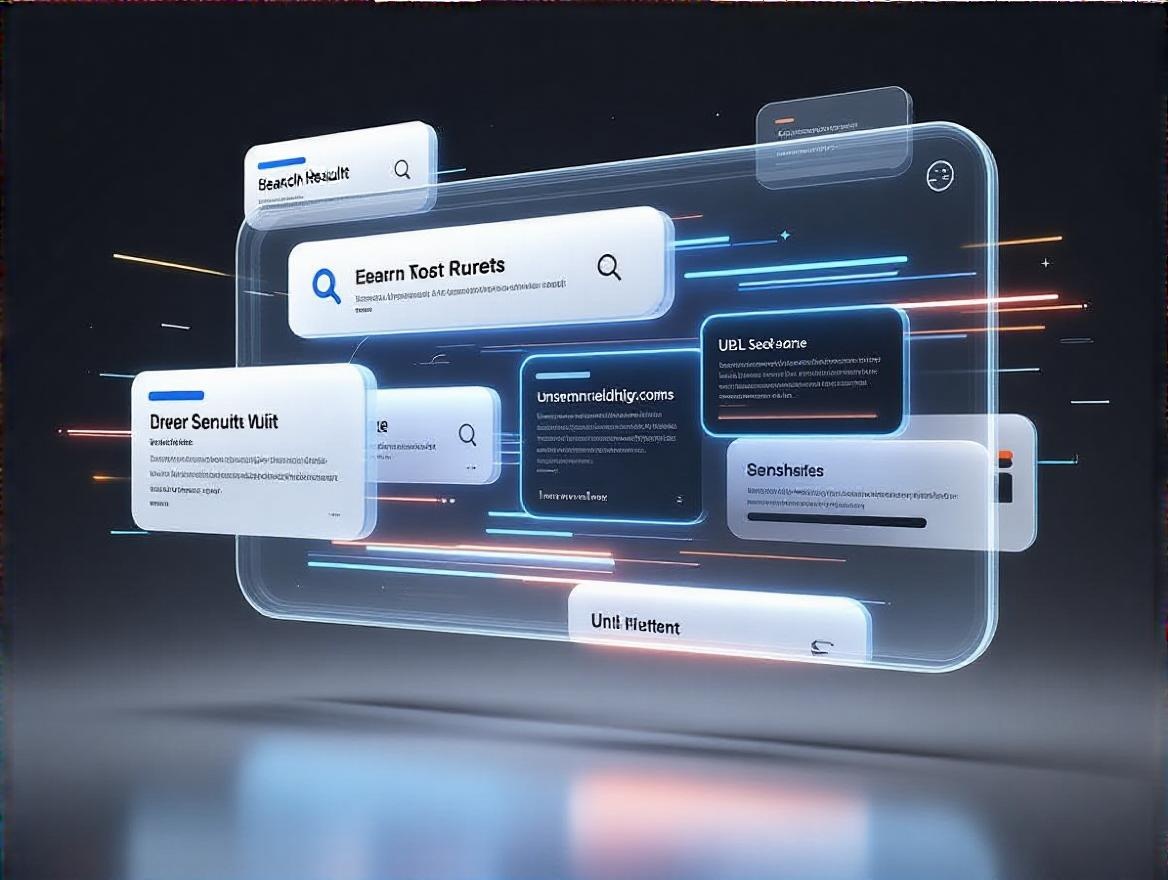Perplexity launched its Search API on September 25, 2025, providing developers, startups, and enterprises access to an extensive search index spanning hundreds of billions of web pages with real-time refreshed data[1][5]. The API returns structured, ranked search results that include titles, URLs, snippets, publication dates, and last updated information, ideal for AI-driven and traditional applications requiring reliable, up-to-date internet search capabilities[1][5].
The API is priced at $5 per 1,000 requests with no token fees on Search API calls, making it cost-effective for large-scale use[1]. It supports rich filtering options such as regional targeting by ISO country code, date range filters, and domain allowlists or denylists (up to 20 entries). Additionally, developers can bundle up to five queries per request and control the number of results returned per call (1 to 20, default 10), along with adjusting content extraction depth by setting maximum tokens per page[1].
How to implement:
- The API is publicly available through Perplexity's API Platform, with fully supported SDKs for Python and TypeScript to streamline integration[1][3].
- Developers create a client and call the search creation endpoint, specifying their query and parameters like max results. Returned results include relevant fields such as title and URL, enabling easy retrieval and display in custom applications[3].
Example Python usage:
from perplexity import Perplexity
client = Perplexity()
search = client.search.create(
query="latest AI developments 2024",
max_results=10
)
for result in search.results:
print(f"{result.title}: {result.url}")
[3]
Perplexity positions this API as part of its accuracy-first search approach, emphasizing real-time indexing with tens of thousands of updates per second and a policy that does not train LLMs on customer data, ensuring privacy and timely information[1]. The Search API complements existing offerings like the Sonar and Sonar Pro APIs, which focus on conversational AI with citations and customizable sources for question-answering tasks[4].
In summary, the Perplexity Search API offers developers a modern, scalable, and affordable way to integrate real-time, web-scale search results with flexible filtering and multi-query support, backed by a unified platform that also includes generative AI models. It is now publicly accessible with comprehensive SDKs and documentation for quick adoption across diverse applications ranging from enterprise search to AI agents[1][5].
Comparison of Perplexity Search API vs Google Search API: Performance, Freshness, and Cost
Performance:
Perplexity AI leverages advanced large language models combined with real-time web search to deliver concise, context-aware, and well-cited answers, excelling particularly in informational research and dynamic content aggregation. Its search models (e.g., Sonar-Reasoning-Pro) have demonstrated top-tier reasoning and ranking abilities, often outperforming Google’s AI-powered search components in head-to-head evaluations based on human preference[4]. Google Search API, however, remains unmatched in structured data retrieval such as local business info, live updates like flights or movie showtimes, and vertical integrations[2]. Google’s ecosystem delivers broad versatility and massive scale but can require users to refine queries more frequently to find precise instant answers[1][2].
Freshness:
Perplexity Search API is built for real-time indexing with tens of thousands of updates per second, ensuring extremely fresh data. This rapid refresh rate supports up-to-the-minute answers and breaking news insights, particularly useful for time-sensitive research[1]. Google's Search API also provides fresh results supported by its massive crawling infrastructure and real-time indexing, but in practice, Perplexity's AI summarization and citation approach offers a more streamlined presentation of recent sources[1][5].
Cost:
Perplexity Search API is offered at $5 per 1,000 requests with no token fees, which is competitive and transparent, appealing for developers requiring cost-effective, high-volume access[1]. Google Search API pricing varies depending on the volume and features used but can be substantially higher, especially for advanced or high-frequency queries; its pricing model is more complex and often less predictable for developers[5].
Summary Table:
| Criteria | Perplexity Search API | Google Search API |
|---|---|---|
| Performance | Excels in AI-enhanced, context-rich, cited answers; strong in reasoning and informational queries | Superior in structured data and vertical-specific lookups (maps, flights, shopping) |
| Freshness | Real-time indexing with extremely fast updates | Also fresh, backed by massive crawling but more general presentation |
| Cost | $5 per 1,000 requests, no token fees; simple, predictable | Generally higher, complex pricing, can be costly at scale |
Conclusion:
Perplexity Search API offers a state-of-the-art, AI-first search experience ideal for developers focused on real-time, factual, context-rich search results at an affordable price. Google Search API remains the leader for scale, structured data retrieval, and ecosystem integration, favored in commercial and local search domains. Choice depends on the use case: prefer Perplexity for dynamic research and freshness; Google for broad vertical coverage and structured queries.
This analysis synthesizes insights from user experience testing, performance benchmarks, and pricing data as of mid-2025[1][2][4][5].


